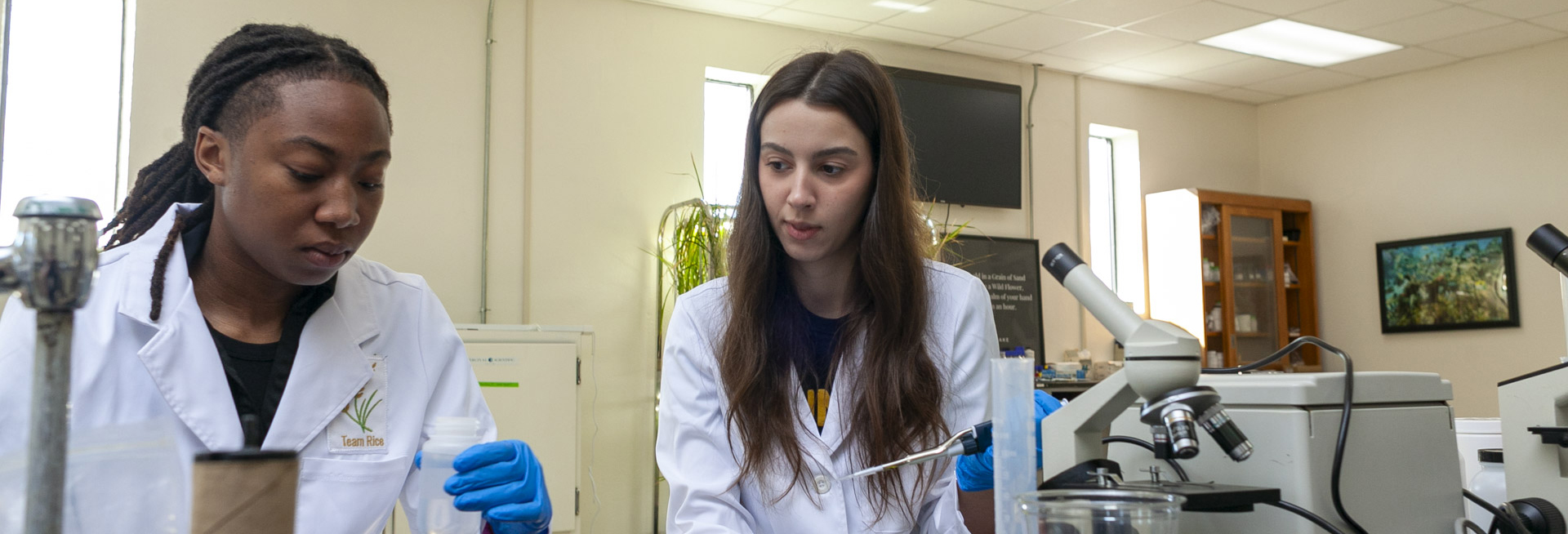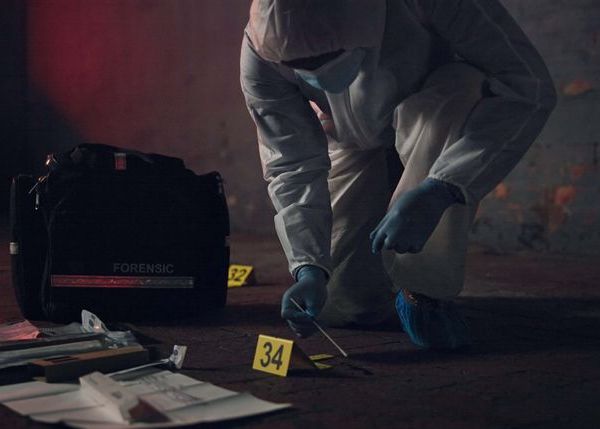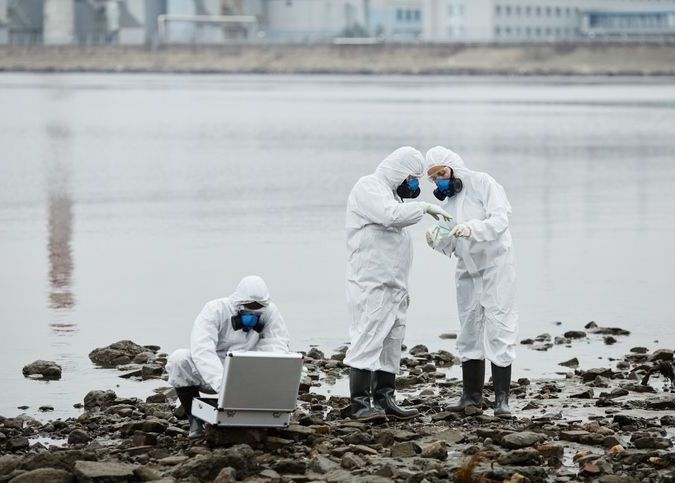
The Forensic Science minor at Clinton College offers a unique opportunity to explore the fascinating intersection of science and criminal justice. With courses in forensic science, cultural diversity in criminal justice, and laboratory techniques, this program equips students with the skills needed for careers in law enforcement, legal fields, or laboratory research. As one of the standout options among forensic science colleges in South Carolina, Clinton College provides a supportive learning environment where you can pursue your passion for solving mysteries and making a difference.
Minors at Clinton College
A minor at Clinton College allows students to expand and broaden their scholastic experience by studying a particular subject in sufficient depth to gain expertise. By completing a minor, a student can become familiar with an additional area of study which will complement the expertise gained in the major. Each minor has a particular set of curricular objectives and student learning outcomes which are determined by the school which offers the minor. Minors may only be earned and will only be awarded in conjunction with a bachelor’s degree. They will not be awarded as an independent credential. To qualify for a minor from Clinton College, students must satisfy all the following requirements:
- Satisfactorily complete a minimum of 15 semester hours for the minor. Some minors will require additional hours.
- Minors must be completed simultaneously with a major degree program. A minor may not be completed by itself, independent of a major program. This means the student cannot earn a minor after they have already earned a bachelor’s degree(s). The student needs at least one active major to pursue a minor.
- Include the minor when submitting a graduation application to the Director of Registration and Records Office.
- Satisfactorily complete all requirements using the catalog in effect when the student was admitted to Clinton College, or a later catalog, if enrollment is continuous. All student’s degree, major, minor, and core requirements must be met using the same catalog year.
- Satisfactorily complete all requirements for the degree no later than the last day of finals in the term in which the degree is to be awarded. Students who fail to meet this deadline will not receive their degrees until the next posting period.
- A minor must be awarded at the same time a bachelor’s degree is awarded. Minors will be posted on the transcript.
- Students must choose a minor within their division.
- Any undergraduate student in a bachelor’s program has the option to declare a minor in an academic area offered through the colleges.

Minor Requirements
CJA 201: Criminal Justice
CJA 200: Forensic Science
CJA 302: Criminal Evidence
CJA 303: Cultural Diversity in Criminal Justice
BIO 308: Laboratory Technique

Career Options
These are just a few of the careers a minor in Forensic Science can help you get into!

Crime Scene Investigation
Work as a crime scene investigator, collecting and analyzing physical evidence from crime scenes to support law enforcement and legal proceedings.

Toxicology
Specialize in forensic toxicology, analyzing bodily fluids and tissues to identify substances and determine their effects in criminal cases.

Psychology
Enter the field of forensic psychology, assessing individuals involved in the legal system, providing expert testimony, and advising on matters related to mental health and criminal behavior.
